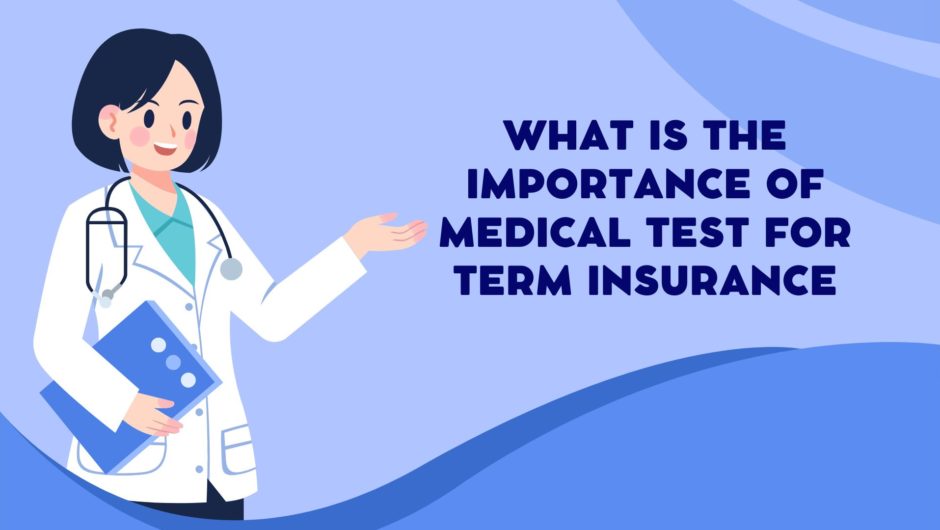When researching insurance information for a company, it is vital to gather comprehensive and reliable data to make well-informed decisions. The process begins with exploring the company’s official website, where detailed information on various insurance products, coverage options, and benefits is usually available. To get a sense of customer satisfaction, it is beneficial to read customer reviews and ratings on independent review platforms. Consulting with insurance agents or brokers can further clarify any uncertainties and provide personalized recommendations tailored to individual needs. By following these steps, one can ensure a comprehensive understanding of the insurance offerings and make an informed decision.

Here are some tips to find insurance information of a company
1. Exploring the Insurance Company’s Official Website
Visiting the official website of an insurance company is an essential first step in conducting thorough research. Most companies provide extensive details about their insurance products directly on their websites. This includes comprehensive information on policy features, benefits, and the specific terms and conditions associated with each policy. By exploring these resources, potential policyholders can gain a clear understanding of what each insurance plan offers. The website often includes FAQs, customer support contact details, and even interactive tools like premium calculators and coverage comparison charts. This readily available information helps individuals make informed decisions based on their specific needs and financial situations. Browsing the official website allows users to stay updated on any new products or changes in existing policies.
2. Customer Reviews and Ratings
When researching insurance companies, customer reviews and ratings on platforms such as Google Reviews, Trustpilot, and specialized insurance review sites are invaluable resources. These reviews offer firsthand insights into the experiences of other policyholders, shedding light on the company’s customer service, claims processing efficiency, and overall satisfaction levels. Positive reviews can reinforce confidence in an insurance provider, while negative feedback can highlight potential red flags or common issues faced by policyholders. The volume and consistency of reviews can indicate the reliability and credibility of the company. For example, a company with numerous positive reviews over an extended period is likely to be more dependable than one with sporadic or mixed feedback. By carefully analyzing customer reviews and ratings, prospective policyholders can make more informed decisions, ensuring they choose an insurance provider that meets their expectations and needs.
3. Comparison Websites for Informed Decision-Making
Insurance comparison websites are powerful tools for anyone looking to make an informed decision about their insurance coverage. These platforms allow users to compare policies from various companies side-by-side, offering a clear view of coverage options, premiums, and customer ratings. By presenting this information in a concise and easily digestible format, comparison websites simplify the process of evaluating different insurance products. Users can quickly identify which policies offer the best value for their specific needs and budget. Additionally, these websites often feature filters and sorting options, enabling users to customize their search based on criteria such as coverage limits, deductible amounts, and additional benefits. Customer ratings and reviews integrated into these comparisons provide further insights into the reliability and service quality of each insurance provider.
4. Consulting Regulatory Bodies in Insurance Research
Consulting the websites of regulatory bodies, such as the Insurance Regulatory and Development Authority of India (IRDAI), is a crucial step in conducting thorough insurance research. These regulatory bodies oversee the insurance industry, ensuring that insurers operate within the legal framework and adhere to standards of practice. By visiting the IRDAI website, consumers can access valuable information about licensed insurers, including their performance records and compliance status. This helps in verifying the legitimacy of an insurance company and assessing its reliability. Regulatory websites often provide detailed reports on insurers’ financial health, claim settlement ratios, and customer grievances, offering a comprehensive overview of each company’s operational integrity. Additionally, they may feature guidelines and advisories that educate consumers on choosing the right insurance products and understanding their rights.
5. Evaluating Insurance Companies through Financial Reports
Reviewing a company’s financial reports and performance metrics is a critical component of assessing an insurance provider’s reliability and stability. These documents, often accessible on the company’s official website or through financial news platforms, offer deep insights into the financial health of the insurer. Key metrics to examine include the company’s revenue, profit margins, and asset base, which collectively indicate its overall financial strength. One of the most important figures to consider is the claim settlement ratio, reflecting the percentage of claims settled compared to claims received.
A high claim settlement ratio is a strong indicator of the company’s efficiency and commitment to honoring its obligations to policyholders. These reports often provide information on the company’s investment portfolio, risk management strategies, and future growth prospects. By thoroughly analyzing financial reports, consumers can make informed decisions, ensuring they choose an insurance company that is financially sound and capable of meeting its long-term commitments.
6. Consulting an Insurance Agent or Broker
Speaking with an insurance agent or broker is an invaluable step in selecting the right insurance policy. Agents and brokers possess extensive knowledge about various insurance products and can provide personalized advice tailored to an individual’s specific needs and financial situation. During a consultation, they can explain the nuances of different policies, including coverage details, exclusions, and premium costs, helping to demystify complex insurance terms and conditions. Moreover, agents and brokers often have access to a broader range of products from multiple insurers, allowing them to offer unbiased recommendations and help clients find the best value. They can also assist with the application process and provide ongoing support for policy management and claims. By leveraging the expertise of an insurance professional, individuals can make well-informed decisions with confidence, ensuring they select the most suitable coverage to protect their assets and loved ones.
7. Social Media and Forums for Insurance Insights
Exploring social media platforms and online forums can provide valuable, unfiltered insights into customer experiences with different insurance companies. These platforms often host discussions where policyholders share their personal stories, feedback, and reviews. By browsing through these conversations, you can gain a deeper understanding of customer satisfaction levels, common issues, and the overall reputation of various insurers. Social media channels like Facebook, Twitter, and LinkedIn, as well as specialized forums dedicated to insurance, offer real-time, candid reviews that might not be available through traditional sources. These discussions can reveal trends in service quality, claim processing efficiency, and customer support. Engaging with these online communities allows you to ask questions and gather firsthand experiences from current and past policyholders. This grassroots feedback can be crucial in making a well-rounded decision when selecting an insurance provider.
Conclusion
In conclusion, gathering comprehensive insurance information is essential for making informed decisions about coverage. Begin by exploring the company’s official website for detailed product information and policy terms. Supplement this with customer reviews and ratings from independent platforms to gauge satisfaction levels. Use insurance comparison websites to evaluate various options side-by-side. Consult regulatory bodies like the IRDAI for licensed insurers’ performance data and review financial reports to assess stability. Finally, seek personalized advice from insurance agents or brokers to navigate complex choices. Combining these resources will ensure you select a reliable insurance provider that meets your needs effectively.
Read More:
- Bike Insurance: Premium Details And How To Buy
- How safe private insurance companies are?
- 7 principles of Insurance which every investor should know
- Why should you avail life insurance?

Hello, I am Tanisha Kriplani, graduated in computer science from Delhi University. I am passionate about web content writing and have a strong interest in Data Analytics and Data Engineering.












